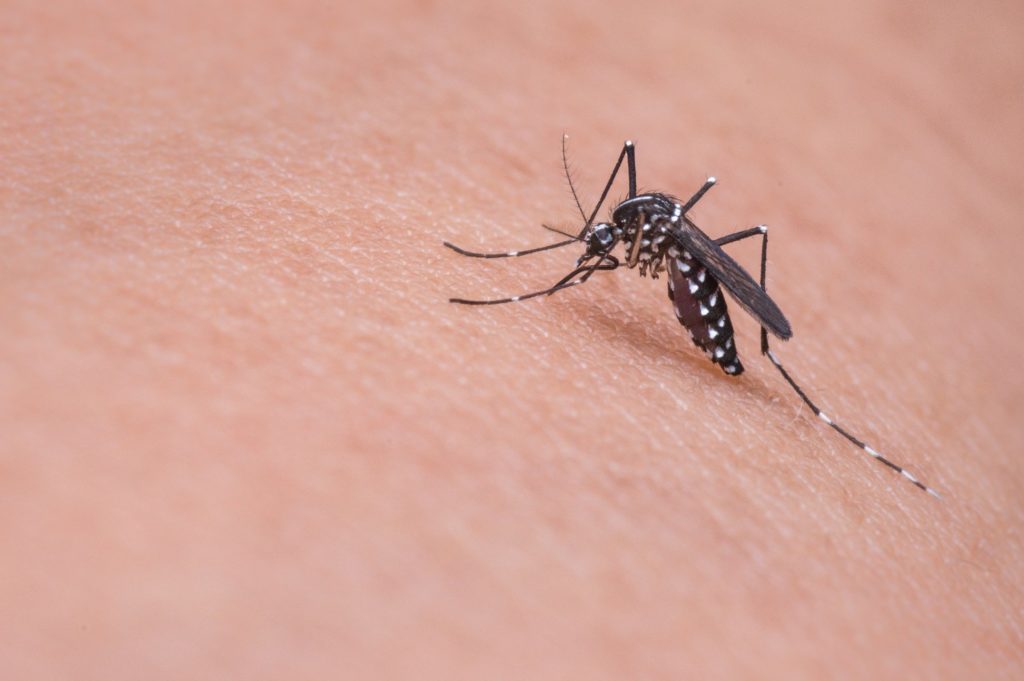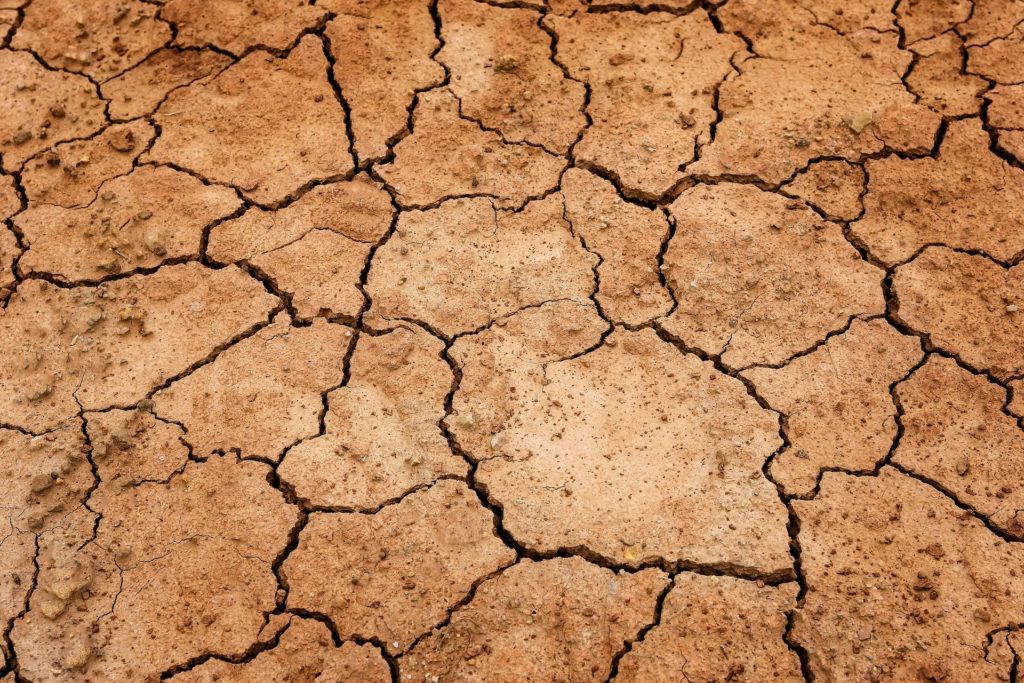Climate change has been described in the Lancet as ‘the greatest threat to global health of the 21st century’. It causes severe, pervasive impacts for health around the world, affecting essential determinants of health such as clean air, water, nutritious food, shelter and societal stability. The World Health Organization has estimated that it is likely to cause over 250,000 deaths per year between 2030 and 2050.
Health impacts are not felt equally, with often those least responsible for greenhouse gas emissions most at risk of the effects.
Please see below a video briefly summarising the Lancet’s Countdown report 2020 on the health consequences of Climate change.
HEAT AND HEALTH

Hot weather increases the risk of many health problems, particularly cardiovascular, cerebrovascular, respiratory and kidney problems, in addition to more obvious impacts such as heatstroke. Older people, young children and those with chronic medical conditions are at highest risk.
These impacts can be significant; for example, the 2003 European heatwave caused approximately 70,000 excess deaths across Europe. This is a major cause for concern for the health community, as deadly heat events are on the rise around the world due to climate change – for more information, see the Heatwave Plan for England resources and the Global Health Health Information Network.
FLOODING AND STORMS

Extreme rainfall events and their impacts, are increasing in frequency and severity due to climate change. The UK has seen an unprecedented number of major flooding incidents in the last decade, affecting thousands of people.
Flooding and storms can cause death and injury in the short term and people affected by flooding are at increased risk of mental health problems such as anxiety, depression and post-traumatic stress disorder (PTSD). For health-focused advice, see Public Health England’s collection of flooding and health resources.
INFECTIOUS DISEASES

As the climate changes, the geographic range of some vector-borne diseases such as dengue fever (spread by mosquitoes) and Lyme disease (spread by ticks), is increasing and affecting more people.
Globally, warmer temperatures and more variable rainfall also mean that the risks of food and water-borne diseases like diarrhoeal diseases and cholera are likely to increase in many areas. Although the pathways involved are often complex and multifactorial, climate change is therefore expected to increase the risks of many infectious diseases around the world.
FOOD & WATER SECURITY

Our food and water supplies are also threatened by climate change. Flooding can contaminate drinking water and damage crops, whilst droughts and disrupted weather systems can threaten water supplies and disrupt food production, causing malnutirion.
In the UK, we could see worsening food poverty locally with impacts of climate change on food prices.
INDIRECT EFFECTS

Impacts such as those described above – particularly where systems to protect people are lacking – can also have indirect consequences for mental and physical health by exacerbating poverty, migration and conflict.
HEALTHY SOLUTIONS



Whilst the scale of the risks to health that we face are deeply concerning, health impacts will be less severe if we can lower levels of warming. There are also many climate solutions that can help prevent a wide range of common health conditions, save lives and reduce health inequalities. For example:
- Air pollution is a major killer both in the UK and globally, and many of the steps needed to cut air pollution (such as a shift in transport systems to active and public transport and moving from coal to renewables for electricity generation) will also cut emissions.
- A transition from motorised private vehicles to active transport (e.g. walking or cycling) and public transport will increase levels of physical activity, which is beneficial for both physical and mental health.
- More energy-efficient homes can reduce cold-related deaths. Analysis has shown that this could save the NHS millions of pounds in healthcare costs, as well as reducing emissions.
- Diets which are more plant-based with less dairy and red or processed meat would help to prevent obesity, heart disease, stroke and cancers including breast and colon cancer.
If you want to know more about the health impacts of climate change, please check out these other resources.
